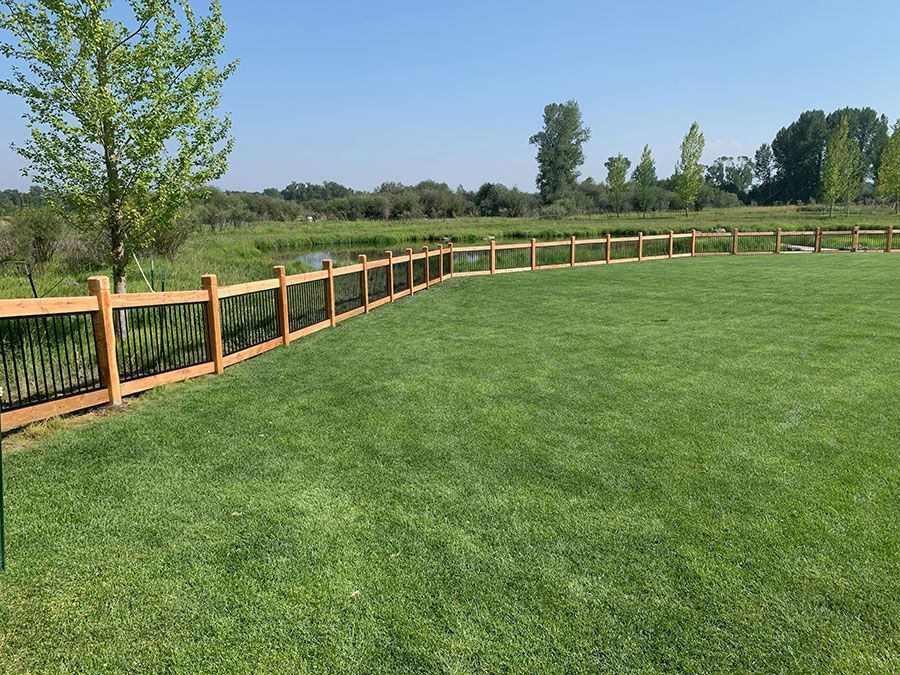Maintaining your fence doesn't always require a professional. With the right tools and a bit of know-how, you can handle many common issues yourself and save money. Here's how you can tackle basic fence care like a pro!
Essential Tools for DIY Fence Maintenance
Before you start fixing your fence, be sure to have the proper tools ready. Here’s a list of essential items for handling most DIY fence repairs:
- Hammer – A hammer is essential for securing loose nails or repairing broken fence boards.
- Screwdriver – Ideal for tightening screws on wooden or metal fences
- Post Level – Use a post level to guarantee your fence posts are perfectly aligned.
- Paint or Stain – Protects wooden fences from weathering and enhances longevity
- Wire Cutters – Handy for trimming wire fences or cutting back overgrown plants
Step-by-Step Guide for Common Issues
How to Fix a Loose Fence Board
A loose or broken board is an easy fix with the right tools. Here’s a step-by-step guide to help you repair it:
- Use a hammer or screwdriver to remove any loose nails or screws.
- Align the board with the fence and secure it with new screws or nails.
- For added stability, add a corner bracket or reinforcement if necessary.
How to Stain and Seal Wooden Fences
Staining or sealing your wooden fence helps protect it from weather damage and keeps it looking fresh:
- Start by cleaning the fence well to remove any dirt, debris, and mildew.
- Choose a suitable stain or sealant for outdoor use.
- Evenly apply the stain with a brush or sprayer, working from top to bottom.
- Let the stain dry fully before using the fence again.
Knowing Your Limits: When to Seek Help
Not every fence issue can be fixed with a DIY approach. While minor repairs like tightening screws or replacing boards are manageable, more complex problems may require a professional's expertise:
- If you notice significant structural damage, such as leaning posts or a sagging fence, it’s time to call a pro.
- Electric or high-security fences that require specialized knowledge.
- Severe weather damage that could threaten the structural integrity of your fence.
When in doubt, it’s best to call a professional. It will save you time, money, and avoid any unnecessary stress.
